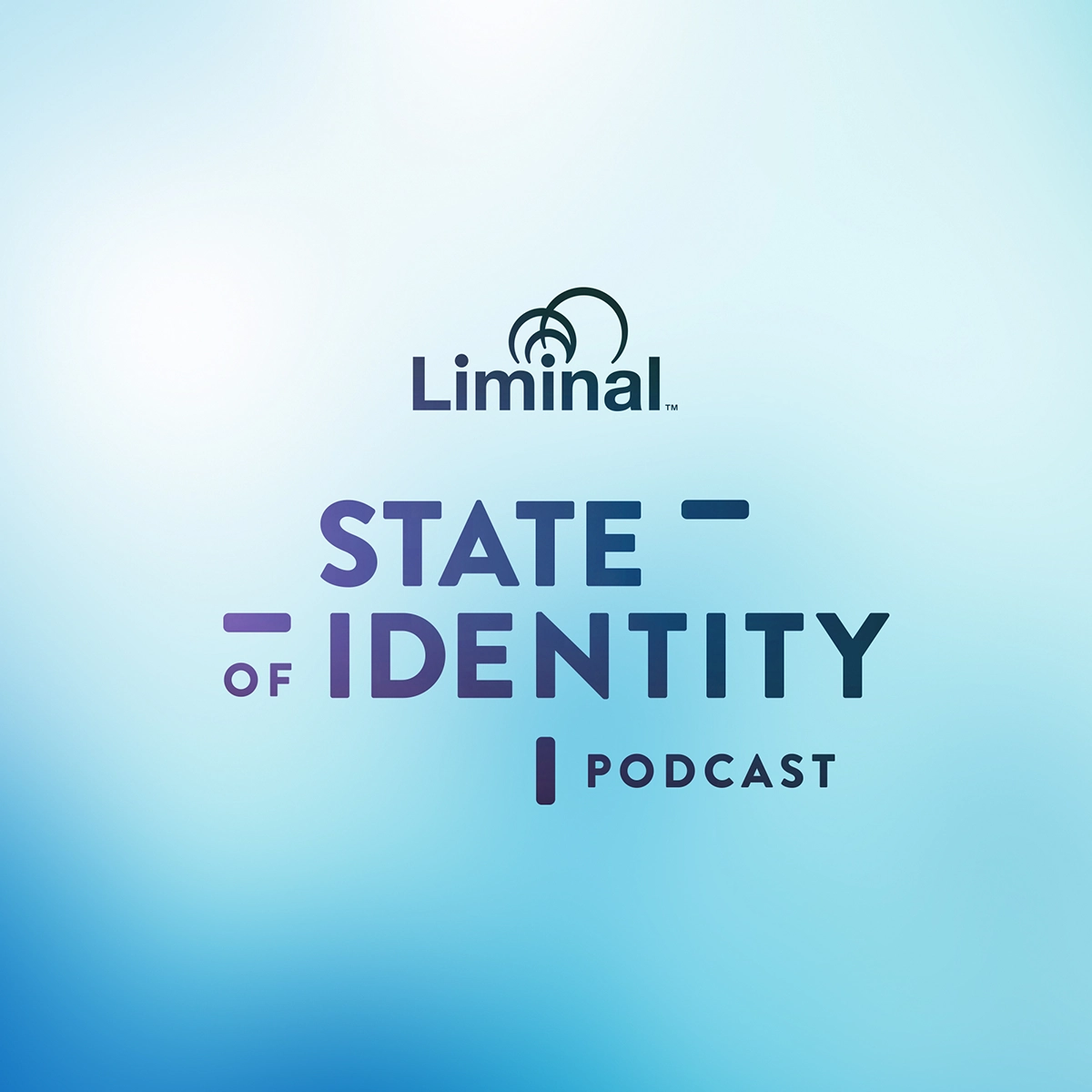The past 10 years have introduced and welcomed mobile wallets, digital assistants, and the adoption of digital identity verification. With the intricacies of our online lives, the notion of tying verification to a credential is slowly dissipating. In this week’s State of Identity podcast, join host, Cameron D’Ambrosi, and Rick Song, Co-founder and CEO of Persona. They break down Persona’s recent $150MM raise, what the next 10 years pose for identity verification, and a few expected challenges we can anticipate along the way.
PODCASTS

11/18/21
The Verification Standard: A Look at What’s to Come
Hosted by
Cameron D'Ambrosi
Senior Principal at Liminal
Guest
#VALUE!
#VALUE!
Links
